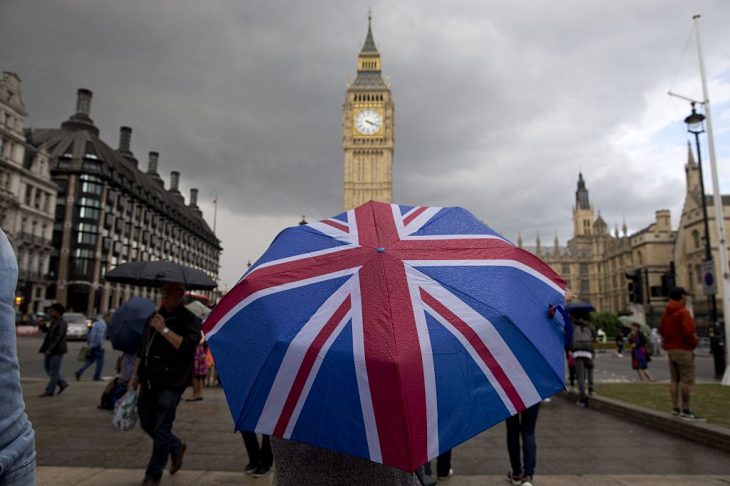At last, says the Guardian, MPs will finally have a proper say today on Brexit. David Davis has said the debate comes down to a simple question: do we trust the people? But for the Guardian, it’s a mistake for MPs and peers not to try and ‘get in the way’ of pushing the triggering of Article 50 back beyond Theresa May’s ‘self-imposed deadline’ of the end of March. It’s clear that the outcome of last June’s referendum left Parliament reeling: ‘casually drafted regulations’ backed up the vote and ‘with no leave process mapped out, the Commons failed to muster the resolve to force its way into the process of departure’. This lack of involvement must end today, insists the Guardian, which calls on MPs to ensure that Parliament once again finds it backbone. There could also be ‘smart tactical objectives’ for ensuring that Parliament can reach a broad cross-party consensus over the Brexit vote. And whatever some might say, holding up Article 50 – until after elections in France, Germany and the Netherlands – would be a good move which would ‘send an unmistakable signal about (Parliament’s) seriousness of purpose’. After all, MPs should remember one thing: Parliament is a place of ‘reconciliation’ not ‘capitulation’. And while Theresa May might not thank Parliament for delaying the triggering of Article 50, ‘having Westminster behind her would offer her a badly needed asset in her asymmetrical negotiation with Brussels’.
Not so, says the Daily Telegraph. It’s vital, the paper says in its editorial, that today’s Brexit debate results in one thing: the Bill must pass unamended and in good time. The Telegraph says it’s clear that not all MPs agree with that view, and that ‘those who still regret the referendum vote’ might be intent on causing trouble. But if any MP hoping to block the Government’s Brexit bill thinks they are acting (somewhat ironically) in the honourable spirit of Maastricht, the Telegraph calls on them to think again. While ‘that resistance was legitimate because it reflected the popular will,’ according to the Telegraph, blocking today’s bill means something different: ‘opposing the electorate itself’.
Elsewhere, tens of thousands of Brits took to the streets last night to protest Donald Trump’s visa ban and the decision to grant him a state visit. But are these demonstrators guilty of a one-sided perspective on things? The Sun says so. After all, when Barack Obama ‘first targeted seven Muslim-majority countries in an anti-terror crackdown, no one protested’. But whereas Obama’s decision to make travellers from the likes of Yemen and Libya have an interview before being granted a visa resulted in little uproar, the aftermath of Donald Trump’s immigration policy has been somewhat different. It’s true that Trump has ‘upped the ante’ and that his policy is badly thought through, the Sun admits. But it’s not our business to debate Trump’s immigration policy in Parliament. And nor should we ‘backtrack on his (state) visit’. After all, whoever is in the White House, ‘America is a crucial friend and ally, especially post-Brexit’; it would be ‘insane’ to try and turn Donald Trump into an enemy, the paper concludes.
The Daily Mail backs that analysis and says that critics of Donald Trump -such as Jeremy Corbyn, Ed Miliband or Shami Chakrabarti – are behaving like hysterical children. It’s obvious that there are some worries about what Trump’s immigration policy might mean, the Mail admits. But ‘cancelling the State visit would be entirely self-defeating,’ the paper concludes.
It’s not only Donald Trump’s immigration policy which has provoked the umbrage of some Brits. The Sunday Times reported at the weekend officials’ fears that Prince Charles might take the US president to task over his views on the environment on a state visit to Britain. It’s true that the prince is a ‘thoughtful man’, the Times says in its editorial today. ‘But it is not for princes to lecture presidents’, the Times argues. The success and survival of the monarchy depends completely on the Royals ‘remaining above politics and beyond reproach’. If Prince Charles forgets that, it would be a ‘grave mistake’.







Comments